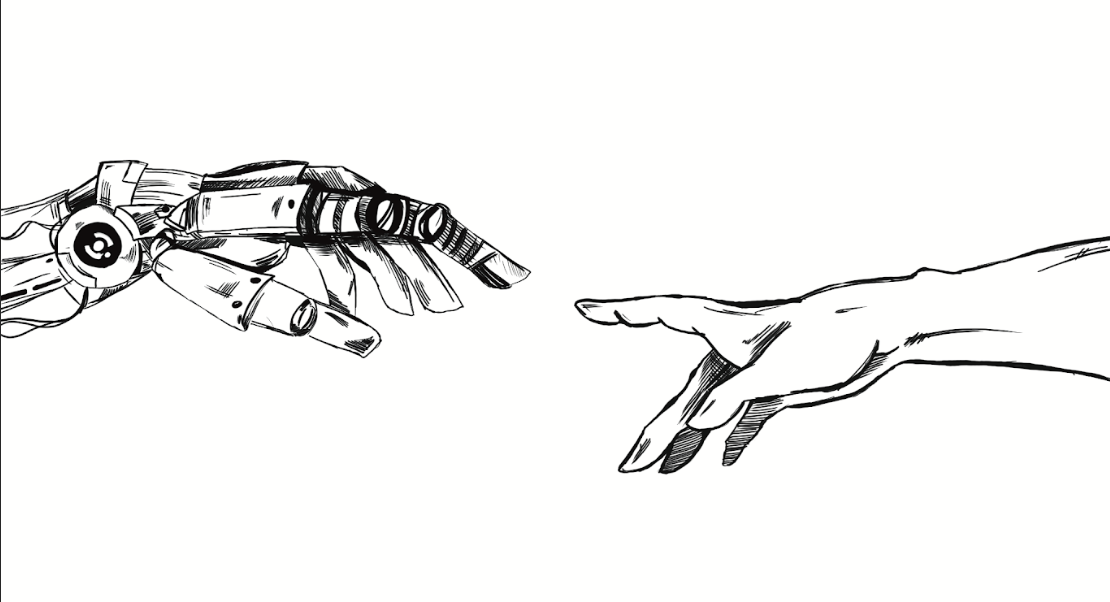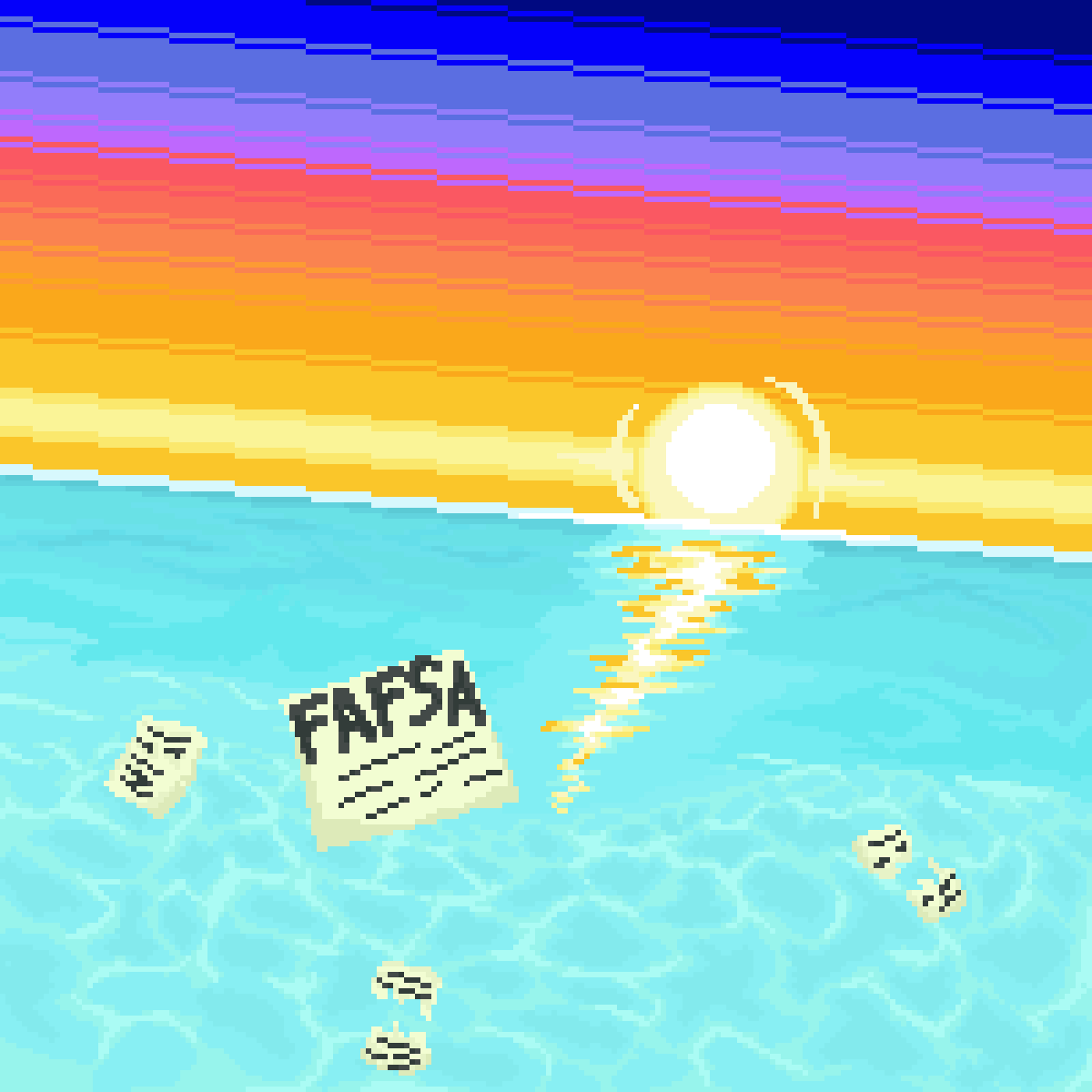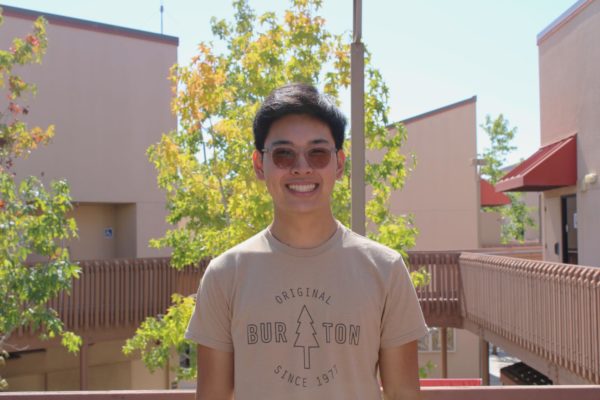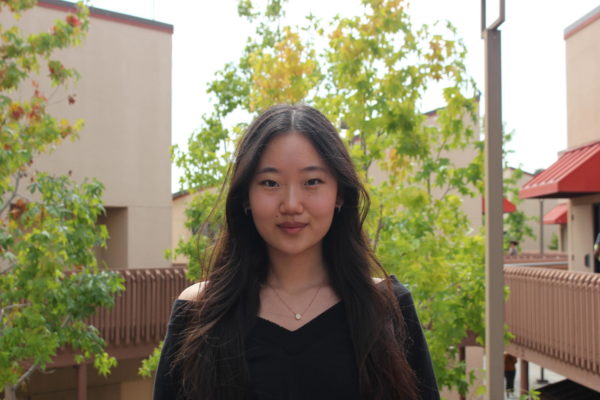In the 1970s, it was the floppy disk. In the 1990s, it was the World Wide Web. In the 2000s, it was the BlackBerry. In the 2010s, it was the deep fakes. And in 2023, it is arguably the year of artificial intelligence (AI), the novel technology capable of redefining society’s role in the world.
At its core, AI empowers machines to emulate human intelligence and can be applied to a wide variety of situations and professional fields. The notion of AI dates back to 1950 when British computer scientist Alan Turing first posed the question, “Can a computer talk like a human?” Through the Turing Test, he tested a computer’s ability to engage in a three-way question-and-answer style conversation with a human interrogator and human respondent. Each time, the computer failed the test, with the evaluator successfully discerning the machine from the human. That is, until now.
In June 2022, Google’s Language Model for Dialogue Applications (LaMDA) framework became the first AI chatbot to pass the Turing Test and in December 2022, Chat Generative Pre-Trained Transformer (GPT) became the second. While there is still some debate surrounding whether these test results are representative of these applications at large, there is general consensus among the scientific community that AI machines are becoming more intelligent and sophisticated over time.
Aspiring machine learning engineer and senior Keren Brown is optimistic about the future of AI and is looking forward to its transformative possibilities.
“Alluding to the notion of a fourth industrial revolution, I think there are a lot of technological developments going on right now, especially geared towards machine learning and AI,” Brown said. We have attempts at creating a self-driving car, self-driving planes and different things that can just take over sectors and affect different industries. [AI] can make life easier for humans and also… [assist] in different jobs in different sectors in almost every industry. It all comes down to the fact that computer science and this new software can be tied into almost any industry.”
As AI continues to advance, there has been a continuing push by technology companies, government entities and other industries to democratize its usage and accessibility. While this development has been praised for forging a new frontier in technology, AI has also engendered mixed emotions among educators and industry professionals alike, including AP English Literature and Composition teacher Grant Davis and information technology specialist Chris Riddell.
“The advancement of AI technology and especially the ready accessibility of AI technology hit immediately and really expanded rapidly in the middle of last school year,” Davis said. “Suddenly now, both universities and high schools are dealing with it on the fly, without really having had time to prepare for it and find out how to best deal with it.”
Likewise, Riddell shared similar sentiments surrounding AI and emphasized the importance of keeping AI in check.
“In terms of how I feel about AI, it’s a little bit of a gray area to me,” Irvine Unified School District (IUSD) information technology specialist Chris Riddell said. “I’m definitely not saying it’s a bad thing because there will be ways in which AI can help us improve better and handle things we’re not capable of handling organically. But there definitely are some areas of concern, such as with the speed at which AI is developing. I don’t necessarily despise it, but I also want to make sure that we have checked it thoroughly.”
Experts across the technological and educational spectrum largely see the rising popularity of AI as an inevitable trend and have begun to shift their focus toward recognizing, optimizing and mitigating its outcomes.
“Ultimately, we need to make sure that we are teaching students to be able to produce original thought and be critical thinkers, and to be able to express that original critical thinking into writing,” Davis said. “But at the same time, the tool can give baseline models for what effective writing in a particular genre looks like. It can be used effectively to provide tutorials for writing [and] help students understand grammatical structure and essay structure. There’s a lot of ways in which it can be used to advance education as it exists today and there are a lot of ways that it can be used to replace [education] altogether.”
Several colleges and universities have expressed concerns regarding the use of AI, such as in the case of students using AI to write their personal statements.
Lee Coffin, the dean of admissions at Dartmouth College, discussed his thoughts on the new challenge of AI-generated application essays in a recent episode of the “Admissions News Beat” podcast, produced by Dartmouth Undergraduate Admissions. “It makes me sad,” Coffin said. “The idea that this central component of a story could be manufactured by someone other than the applicant is disheartening.”
AI has even influenced the career prospects of several students, including Brown, who is an aspiring machine learning engineer and computer science educator. Since her sophomore year, Brown has been developing the Smart Dance Generator, in which she applies research on artificial intelligence and machine learning to code software and create a front-end user interface.
“The application takes in musical input, so you can give it an audio clip. Then, once it takes in the input, it will choreograph dance moves and output it in a stop-motion video of a stick figure dancing,” Brown said.
The Smart Dance Generator is now available to all students for free on the Google Play Store.
In the next few years, AI is expected to expand its scope of influence beyond its current domains—revolutionizing the sectors of education, computer science, healthcare, business and even transportation.
This then begs the question, how far will AI go?
Researchers at the Evidence from AI Experts group and the Massachusetts Institute of Technology posed this exact question and predicted that “human-level machine intelligence (HLMI) has a 50 percent chance of occurring within 45 years” and a “10 percent chance of occurring within 9 years.”
However, some believe HLMI is already here. To that end, year after year, it seems AI is only continuing to transcend the limits of human creativity and the scope of technology itself.
Ultimately, regardless of whether HLMI has already become a norm or not, these generational defining challenges call for humanity to coexist with AI. From the education and healthcare industries to the government and beyond, leaders, industry professionals and students will be encouraged to find ways to leverage AI so that it empowers their communities and supports society’s 21st century goals.
“I would say AI is a helpful tool because there are some advantages of it that are beyond our capabilities or maybe someone’s physical ability to take care of something,” Riddell said. “But at the same time, you do want to be careful with it … It’s people’s jobs. It’s people’s paycheck. It’s people’s ability to not interact with certain aspects of human life … As far as how we’re manipulating it, I would say yes, it’s going a little too fast … AI is one of those things where we need to take time to think about our next move and our best response before we decide to act.”









